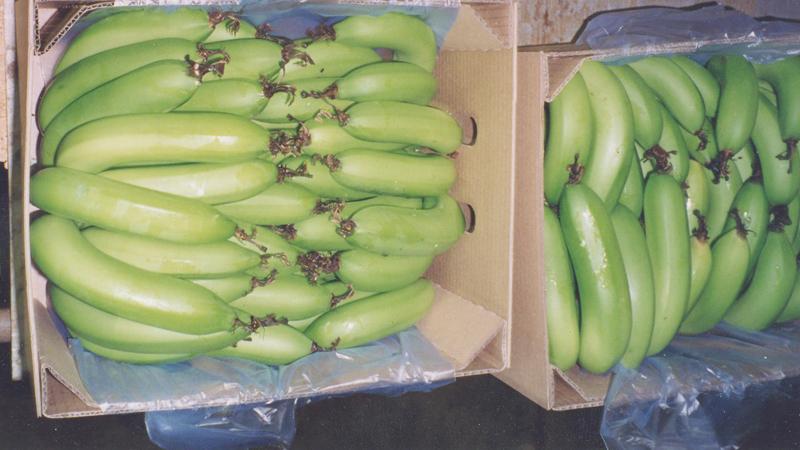
Sri Lanka is working with Food Safety and Standard Authority, India (FSSAI) to accredit Sri Lankan labs so that the island’s food and beverage exports to India would not face difficulties any longer.
Trade experts have recommended establishing a bilateral institutional mechanism between India and partner countries to smoothen food exports to India.
“This initiative would help ensure that food imports to India are tested only on a random basis; it would also catalyze agricultural trade among countries in the region,” World Bank Lead Economist Sanjay Kathuria told a forum to launch a World Bank report in Colombo last week
The report, ‘A Glass Half Full: The Promise of Regional Trade in South Asia’, highlights four critical obstacles to regional trade - border tax distortions, nontariff barriers, connectivity costs, and trust deficits - and offers options for policymakers to address them.
Minister of Development Strategies and International Trade, Malik Samarawickrama said in Sri Lanka, the Committee on Sanitary and Phytosanitary and Technical Barriers to Trade (SPS - TBT) established by his Ministry is now working on several other measures to ease trade and exports with India. The World Bank report authored by Dr. Kathuria and his team stated, “Most countries in South Asia import vegetables, fruits, and other food products from each other.”
Taking the example of vegetables and fruits, he said intraregional imports account for 12 percent of the total imports of such products by South Asian countries. The report also suggested introducing electronic data interchange, risk management systems, and single windows at more locations along India’s borders points to enable the realization of potential gains from coordination and efficiency. “This is a prerequisite to enable FSSAI to execute risk-based profiling on-site for the efficient clearance of food imports.”
Accordingly, it is suggested that an institutional mechanism be established bilaterally between the concerned countries so that notification by the FSSAI of NABL-accredited laboratories can be coordinated and expedited.
This process would help ensure that food products imported into India are tested only on a random basis and help catalyze food trade, particularly agricultural trade, among countries in the region.
